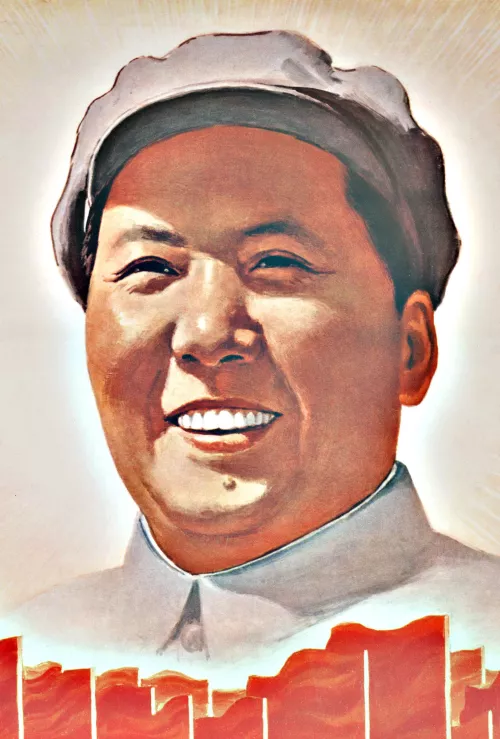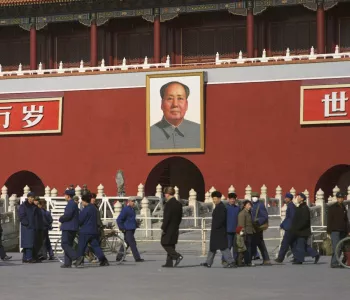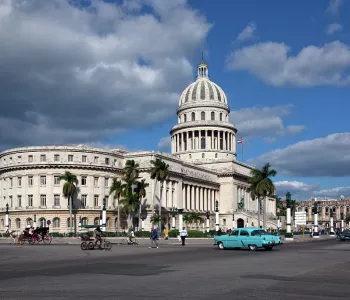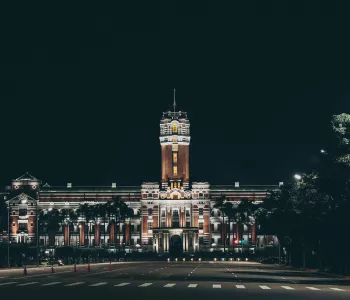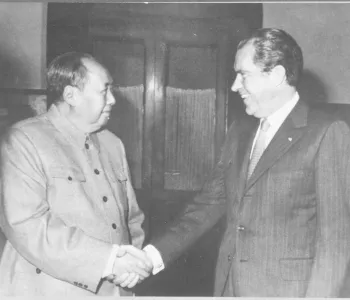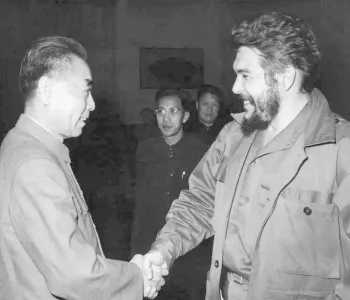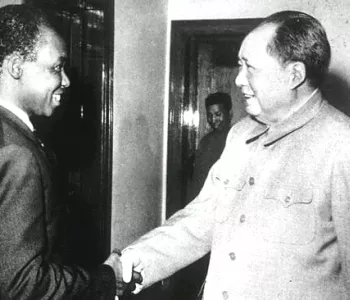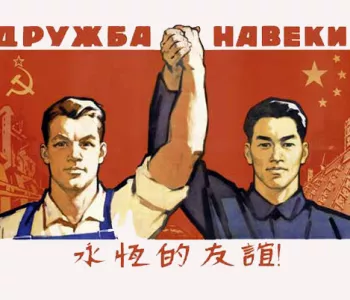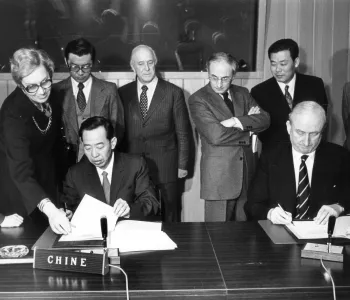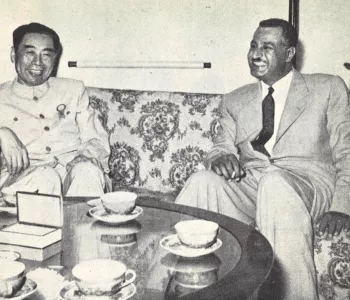At the beginning of the Cultural Revolution (1966-1976), Wang Chaoxing, an instructor in the Philosophy Department at Wuhan University, compiled hundreds of Mao’s speeches and writings that covered the Communist Party Chairman’s life up to 1968. The Second Steel Division, a rebel Red Guard faction based at the university, subsequently obtained and printed the documents for internal circulation in May 1968. The publication was comprised of five volumes, nearly 1600 pages in length, and titled Mao Zedong sixiang wanui (Long Live Mao Zedong Thought).
This collection consists of about 90 documents related to foreign affairs that were selected from the full edition, including records of conversations that Mao held with non-Chinese individuals after 1949 and speeches, letters, and commentaries that he wrote.
The full texts for this edition of Long Live Mao Zedong Thought are available online through the Marxists Internet Archive, as well as in print from the Service Center for Chinese Publications (Los Angeles).
